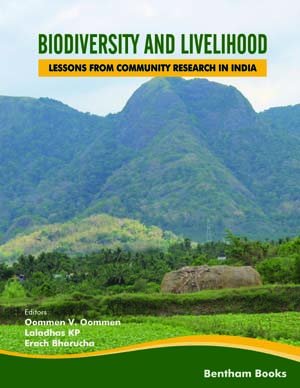Abstract
Fisheries and related activities, including aquaculture in inland and marine sectors, offer livelihoods to thousands of people in developing countries like India, besides contributing significantly to economic and nutritional security of the nation. One of the major challenges in the world, especially in developing countries like India, is to address the issue of sustaining the dwindling fisheries resources, while meeting the challenges posed by emerging external threats on resources, such as climate change. In the marine sector, climate change is projected to affect individual organisms, populations, species distributions, and ecosystem composition and function both directly (e.g., through vagaries in precipitation, temperature, sea level changes, ocean acidification, etc.) and indirectly (e.g., through the intensity and frequency of extreme climate events such as storms). Evidence of climate-change impacts is the strongest and most comprehensive for natural systems and it impacts lives, livelihoods, health, ecosystems, economies, societies, cultures, services, and infrastructure due to the interaction of climate changes or hazardous climate events occurring within a specific period and the vulnerability of an exposed society or system. The major adaptive strategies evolved centers around providing awareness to the coastal population, training on alternate livelihoods in order to negate the risks and ill effects of climate change, and vulnerability assessment at micro levels. There is also a need for flood mapping, flood forecasting, development of a hydrological framework and downscaled climate change projection modelling coupled with strengthening coastal protection methods with the participation of local communities. These adaptation methods would become effective only through mainstreaming biodiversity into climate change strategies and by integrating climate change risk in the disaster management policies.
Keywords: Adaptation, Blue growth, Climate change, Livelihood, Management, Ocean acidification.






















